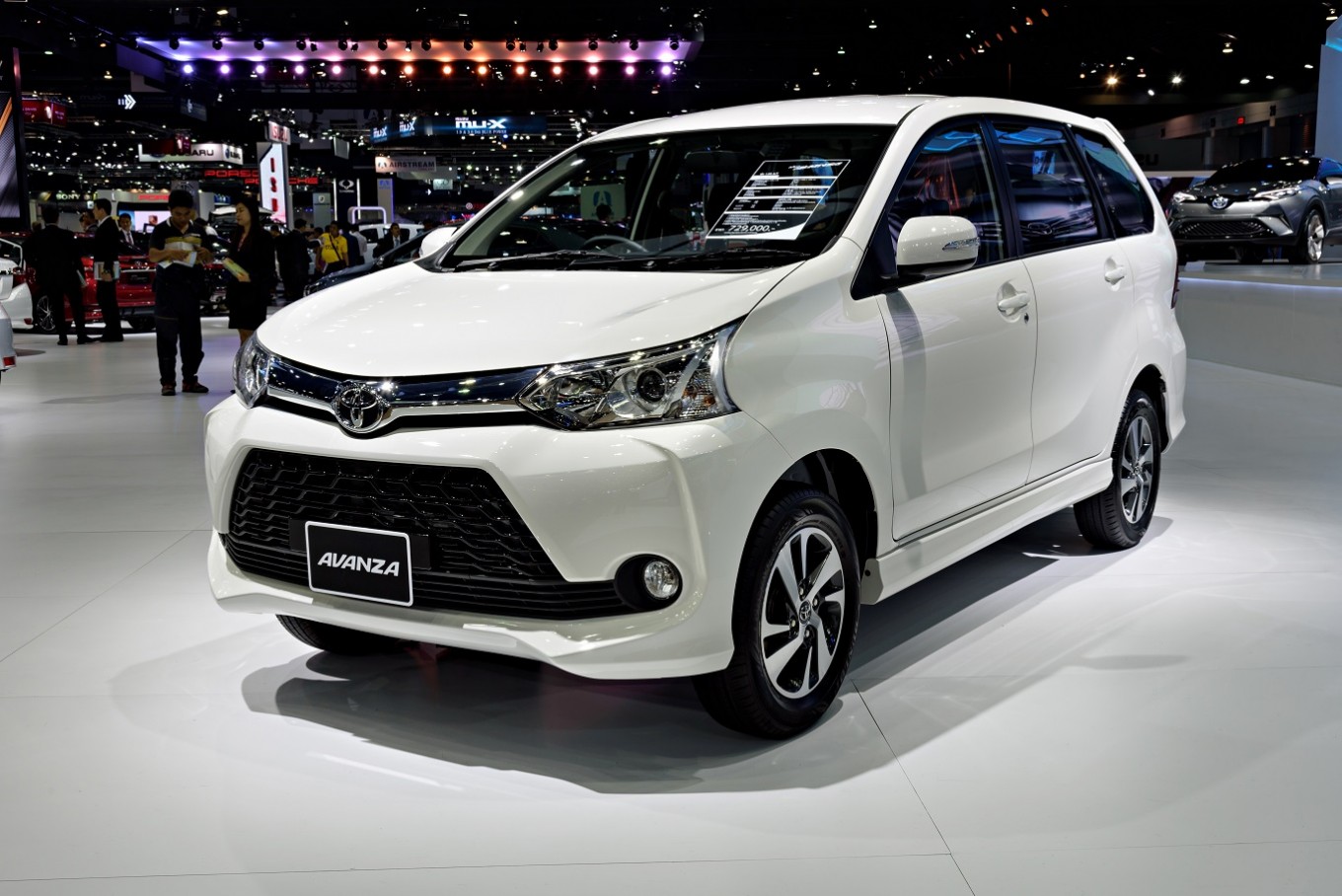Popular Reads
Top Results
Can't find what you're looking for?
View all search resultsPopular Reads
Top Results
Can't find what you're looking for?
View all search resultsCar sales rise strongly in September amid massive year-on-year drop
Car wholesales are continuing their upward trend after crashing to the lowest point in May as the government has sped up stimulus disbursement to boost purchasing power while the Jakarta administration has loosened the reins on measures to contain the coronavirus.
Change text size
Gift Premium Articles
to Anyone
 Car wholesales grew by 30.4 percent month-to-month (mtm) to 48,558 units in September with diversified conglomerate PT Astra International gaining back its domination with a 53 percent market share, according to data from the Indonesian Car Producers Association (Gaikindo) compiled by Astra. (Shutterstock/Foto by M)
Car wholesales grew by 30.4 percent month-to-month (mtm) to 48,558 units in September with diversified conglomerate PT Astra International gaining back its domination with a 53 percent market share, according to data from the Indonesian Car Producers Association (Gaikindo) compiled by Astra. (Shutterstock/Foto by M)
Domestic car wholesales are continuing their upward trend after crashing to the lowest point in May as the government has sped up stimulus disbursement to boost purchasing power while the Jakarta administration has loosened the reins on measures to contain the coronavirus.
Car wholesales grew 30.4 percent month-to-month (mtm) to 48,558 units in September, according to data from the Indonesian Car Producers Association (Gaikindo) compiled by diversified conglomerate PT Astra International.
The data also show Astra gaining back its dominant position with a market share of 53 percent.
Despite the strong monthly growth, the September figure is almost 48 percent down from September last year.
“We can see that purchasing power slightly improved thanks to the government’s PEN program which has seen a rapid disbursement in September. It certainly had an impact on demand for goods, including cars,” RHB Sekuritas analyst Andrey Wijaya said in a phone interview on Friday, referring to the government’s national economic recovery program (PEN).
The government has disbursed Rp 304.6 trillion (US$20.5 billion), or 43.8 percent of the Rp 695.2 trillion COVID-19 budget, as of Sept. 28, according to PEN committee head Budi Gunadi Sadikin.
Rp 150.8 trillion, or 74 percent of the social safety net budget, has been spent in the hope of softening the demand shocks caused by the COVID-19 pandemic and helping people stay afloat amid the economic downturn.
Household spending, which accounts for more than half of the country’s gross domestic product (GDP), fell 5.51 percent year-on-year (yoy) in the second quarter, while the overall economy contracted by 5.32 percent, Statistics Indonesia (BPS) records show.
In addition to the stimulus spending, Jakarta’s decision to once again relax its large-scale social restrictions (PSBB) had supported car dealers’ marketing activities, Andrey said.
“I believe sales in the fourth quarter will continue to improve as Jakarta’s PSBB have been relaxed. However, sales could plunge again if COVID-19 cases keep growing and more strict PSBB are implemented,” he stressed.
The capital city remains the COVID-19 hotspot with 94,327 cases – the most among Indonesia’s 34 provinces – and 2,032 deaths recorded as of Sunday afternoon, official data show. The country has confirmed more than 361,800 infections and at least 12,500 fatalities nationwide as of Sunday.
Gaikindo secretary-general Kukuh Kumara said on Friday that September’s wholesales data reflected continued demand for four-wheel vehicles, despite the figure being lower than the association had expected.
“September’s wholesales number is pretty good, but it’s still [only] half of 2019’s level, when it hovered around 90,000 units during the same month,” he said in a phone interview.
Car wholesales only reached around 372,000 units from January to September this year, leaving the industry with a 228,000-unit gap in the final quarter of the year to reach its target of 600,000 units.
The association has slashed its domestic car sales target by 40 percent to 600,000 units this year due to the pandemic and warned that a further target cut may be taken if sales numbers continue to slump.
Kukuh said the association did not plan to revise its target again but acknowledged that it would be difficult to reach the figure by the end of the year.
"National car sales and Astra's car sales have seen an increase in the last four months," Astra corporate communications head Boy Kelana Soebroto said in a statement on Oct. 15. "We hope this gradual sales increase will continue until the end of 2020, so that the automotive industry will be able to contribute to the national economy recovery."









